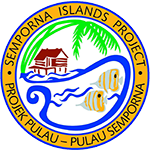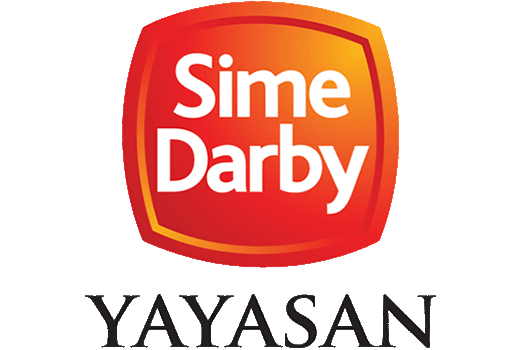Our Work
SEMPORNA ISLANDS PROJECT
The Issues
Through surveys conducted in the 1970s and 80s, as well as part of ongoing initiatives since 1998, disturbing findings emerged regarding the extensive exploitation of marine resources, which were leading to severe declines in fish and other edible species within the area’s reefs. Alarming depletions were observed in populations of marine creatures like giant clams, triton shells, sea-cucumbers, groupers, and sharks, with certain species even facing local extinction.
Unsustainable fishing practices such as fish bombing and the use of poisons exacerbated the situation by causing damage and destruction to coral reef habitats. Additionally, numerous other threats loomed, notably pollution, coastal development, and climate change.
Our Programmes

COMMUNITY ACTION FOR FISH-BOMB-FREE SEMPORNA SEAS
Funded by the European Union and in partnership with WWF-Malaysia, this four-year programme aims to tackle the pressing issue of fish bombing through innovative approaches and community involvement in Semporna. Key objectives include reducing fish bombing through detection and monitoring, launching a “Plastic Neutral” programme, and establishing hatchery production and ocean farming of giant clams and abalone.
This programme primarily benefits local fishing and island communities, including the Bajau Laut, who heavily rely on marine resources but face limited livelihood options. The broader society in Sabah will also benefit from environmental protection, waste management, sustainable resource use, improved food security, and enhanced socio-economic well-being.

GIANT CLAM AND ABALONE FARMING FOR CONSERVATION AND COMMUNITY BENEFITS
The overall objective of this programme is to restore giant clam populations and establish abalone farming as an alternative fishery activity. Priority objectives include establishing clam and abalone hatcheries, restoring clam populations on reefs, developing community-run clam gardens for ecotourism, and implementing sustainable abalone farming. The programme aims to involve local communities and provide collaborative actions and conservation benefits.
Funded by Yayasan Sime Darby, this programme addresses the decline of giant clam populations in Sabah and the lack of sustainable livelihoods in Tun Sakaran Marine Park.





